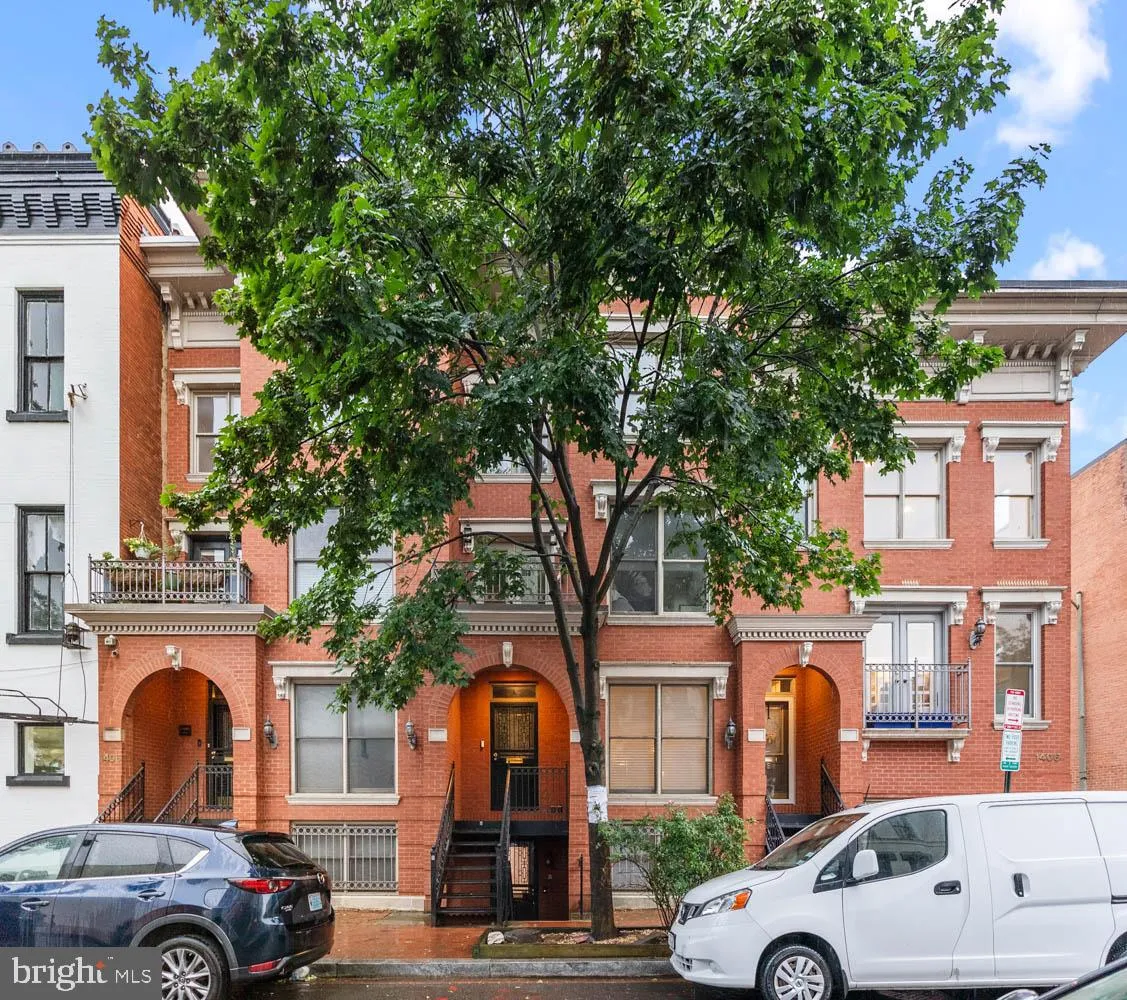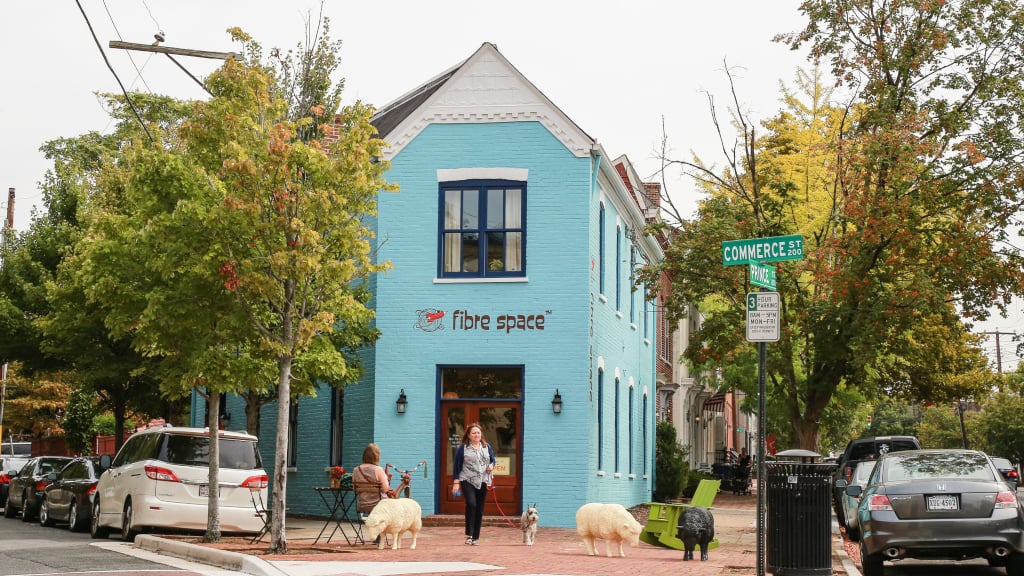People have been dealing with a tremendous amount of stress and anxiety lately, and many couples have suddenly found themselves spending a lot more time together, often in close quarters. It’s no surprise, then, that some relationships are feeling the strain. For many couples, that tension will pass. But for others, the coronavirus crisis might lead them to reconsider their relationship—or even decide to get a divorce. We checked in with some local divorce attorneys for advice on what to do if you’re having marital issues right now, whether due to the pandemic or for other reasons.
The first thing to know is that you don’t need to wait to start talking to an attorney, even during the coronavirus pandemic. Many law firms are still open, and you can consult with a lawyer virtually or on the phone. The divorce process can be emotional and time consuming, according to Vienna’s Roop Xanttopoulos Babounakis PLLC, and if you wait for weeks or months to begin, that could take an additional toll on you and your family. One thing to keep in mind, according to RXB’s advice: If you think you might be headed for a divorce, start documenting any issues that occur with your spouse now, and be as specific as you can. That could be very helpful down the road.
If you do decide to contact an attorney about your marital issues during this crisis, what should you ask first? Brian K. Pearlstein, managing partner of Brodsky, Renehan, Pearlstein & Bouquet, suggests discussing two key areas. First, seek guidance on “how best to communicate with your spouse during what might be significant marital discord about significant issues such as children and finances,” he suggests. That can be especially significant during this time of crisis, when it is much more difficult than usual to change your living situation. The other important thing to ask about is your finances. An attorney can help strategize “how best to protect assets and curb spending pending a marital separation and divorce, as the parties may be going through a financial crunch” due to the crisis, Pearlstein says.
Courts aren’t open for routine divorce proceedings during the shutdown, but there are other options. Mediation is one to strongly consider, especially because when courts do reopen they will be overloaded by the backlog, resulting in long delays for trial dates. Mediation involves resolving disputes outside of the courtroom, using a professional mediator to help reach an agreement. “It lets people be creative with settlement ideas, because if the proposal is not accepted it cannot be used against you in court,” says Susan M. Butler of the firm ShounBach, which has locations around Northern Virginia. “Mediation allows parties to take control of their case and craft an agreement that is tailored to their situation, many times in a way that a judge does not have authority to do. I have been scheduling mediations by video conference so people don’t have to leave home (or get dressed up).”
Another out-of-court option is Collaborative Practice. As DC attorney Andrea Hirsch explains, this is an approach where the two sides, with collaboratively trained attorneys, commit not to go to court and instead to work together to reach an agreement that ensures the best outcome for both, and especially for the children, if there are any involved. “Courts being closed during the lockdown brought home the advantages of an out-of-court settlement,” says Hirsch. “Regardless of the approach, however, the important thing for me is to find a way for my client to feel comfortable with what is inevitably a painful process, and to focus on what happens next.”
Of course, the coronavirus crisis is also affecting families that have already gone through a split, and attorneys have some advice for parents in that situation, too. Barbara A. Burr of DC’s Burr Law Firm suggests divorced couples do whatever they can to put aside their own differences and find “shared solutions that mitigate the anxiety and disruption that the kids already are feeling.” So how do you do that? Many conflicts right now are likely due to differences in how parents approach safety measures. “When in doubt,” Burr suggests, “follow the more conservative approach. To resolve conflict, try to live with the requests or restrictions of the more anxious and more conservative parent. Remember, Covid-19 won’t last forever, but your co-parenting relationship will.”
Here’s how you can contact the attorneys who contributed their advice:
Brodsky, Renehan, Pearlstein & Bouquet
16061 Comprint Circle, Gaithersburg, MD
301-869-1700
brpfamilylaw.com
Burr Law Firm
1630 Connecticut Ave. NW, Suite 400, Washington, DC
202-347-9002
burrlawfirm.com
Roop Xanttopoulos Babounakis PLLC
1604 Spring Hill Road, Suite 460, Vienna, VA
703-991-4126
rooplaw.com
ShounBach
4000 Legato Road, Suite 400, Fairfax, VA (primary office)
703-222-3333
shoun.com
The Law Firm of Andrea Hirsch
1630 Connecticut Ave., NW, Suite 400, Washington, DC
(202) 480-2160
andreahirschlaw.com







